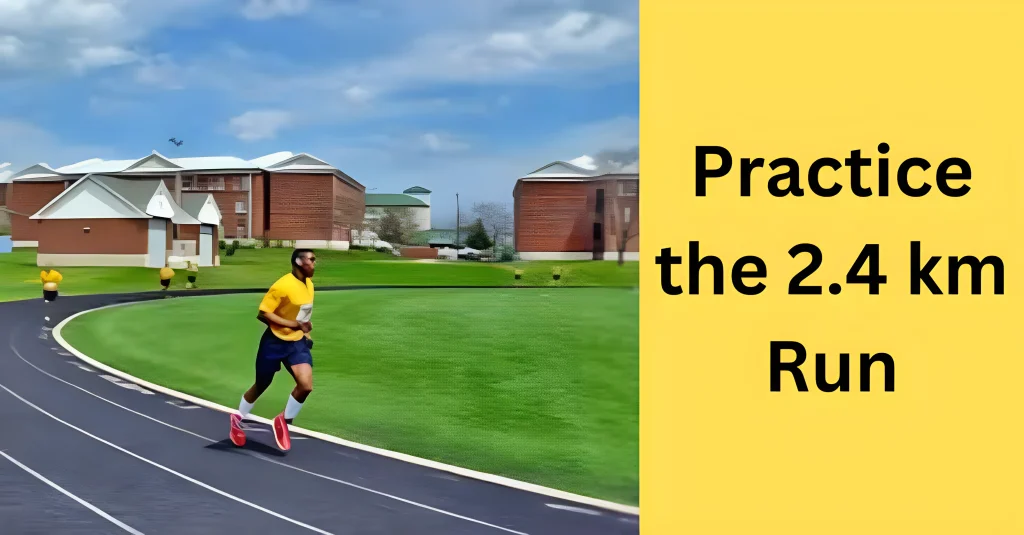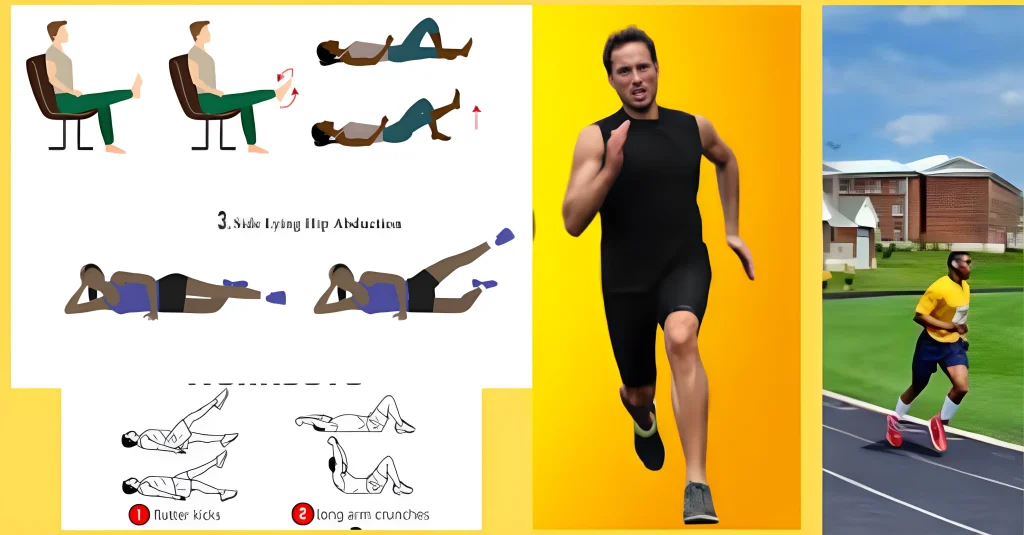How to Improve Your 2.4 km Running Time for the IPPT: Simple Tips Everyone Can Follow
Improving your running time for the 2.4km run in the IPPT Calculator (Individual Physical Proficiency Test Calculator) doesn’t have to be complicated. You can perform faster and better with some dedication, a good training routine, and a few helpful tips. Here’s an easy-to-understand guide on how to boost your running performance:

1. Follow a Training Plan
Having a solid training plan is the first step to success. Here are some simple ways to boost both your speed and endurance:

2. Improve Your 2.4 km Running Time Technique
How you run matters just as much as how fast you run. Focus on the following key areas:

3. Build strength with some exercises
Building your muscles will make you a stronger runner. Here are some exercises that can help:

4. Be Consistent

Consistency is key! Run 3-4 times a week, and you’ll gradually improve over time. Remember, progress doesn’t happen overnight, but with regular practice, you will get faster.
5. Rest and Recover
Rest is just as important to you as training. Here’s an easy way to take care of your body:

6. Practice the 2.4 km Run

If your goal is to improve your 2.4 km run time, make sure to practice running that exact distance. Giving yourself time helps you get used to the pace. which you need to maintain to reach your goal. Over time, you’ll notice your times improving.
7. Set Small Goals
Small, achievable goals can keep you motivated. For example, aim to shave 10-15 seconds off your time each week. Keeping track of your progress shows how much you’ve improved and helps you stay focused on your goals.


8. Prepare Mentally
Running is not just about physical fitness it’s mental too. Mentally get ready for the run by imagining yourself keeping a steady pace and crossing the finish line with a new personal best. This positive thinking will help you stay confident and motivated. You can also check your waspi compensation.
How to Train for 2.4 km in 2 Weeks: Top Hacks to Improve Your Run
If you have only two weeks to train, don’t panic! You can still improve your time with a focused training plan. Here’s how:
Know Your Current Fitness Level
Before you start, time yourself running the full 2.4 km. This gives you a starting point and helps you set realistic goals.

Mix Up Your Workouts
In just two weeks, you’ll want to focus on both speed and endurance:

Use Proper Form
Good running form helps you conserve energy and reduces fatigue. You should stand up straight, with your head up, shoulders relaxed, and arms fully bent. Avoid overstriding (taking too long steps), as this can slow you down and lead to injury.
Taper Before the Test
A few days before your IPPT, reduce the intensity of your workouts. This allows your muscles to fully recover, so you can perform at your best on test day.
Don’t Forget to Enjoy the Process!
Focus on improving your fitness, not just the results. After intense workouts, take time to rest, stretch, and massage your muscles to prevent soreness and injuries.

By following these simple tips, you’ll improve your running time for the 2.4 km IPPT run, whether you have months to train or just two weeks. The important thing is to be consistent, pay attention to your body, and set small goals you can reach. Soon enough, you’ll be hitting new personal bests!
Conclusion
By following this structured plan, you can effectively train for a 2.4 km run in just two weeks. Combining interval training, endurance work, proper technique, and adequate recovery will help you improve your time and performance. Stay consistent, set achievable goals, and most importantly, enjoy the process!
